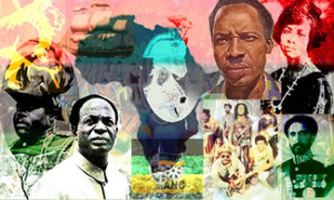 Source: therisingcontinent.wordpress.com
Source: therisingcontinent.wordpress.com The concentration of these stores surprised me, because the frequent reports about NACADA chairman Mututho (albeit squabbling with his CEO), gave me the impression that NACADA would not allow so many liquor stores in one spot. But upon second thought, I remembered that when Mututho first began his fight against alcoholism as an MP pushing for stricter legislation, I wondered on The Zeleza Post, where I previously blogged, whether the issue was really alcohol or the Central Province angst about the lower sperm count of Kikuyu men.


 RSS Feed
RSS Feed
